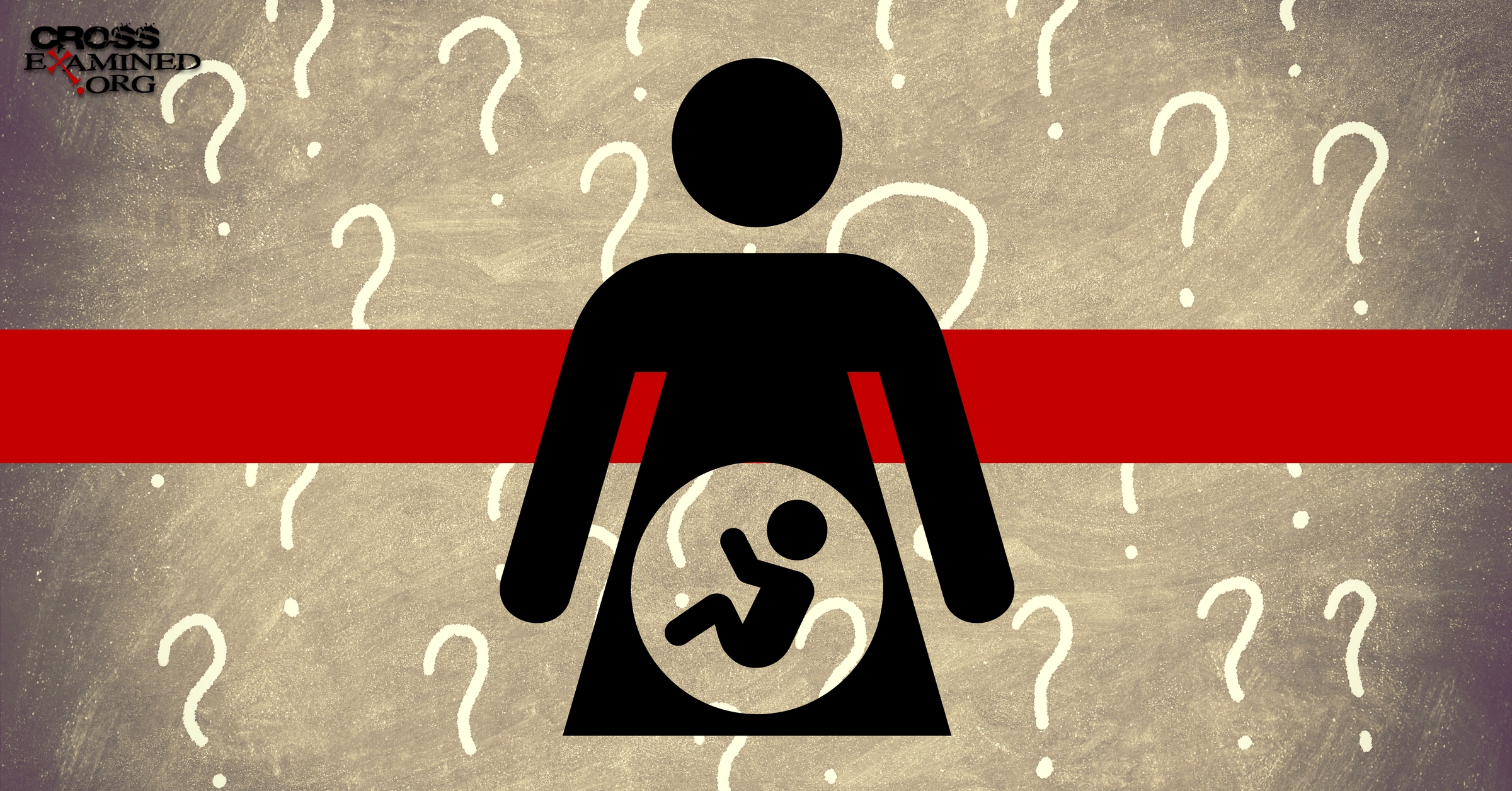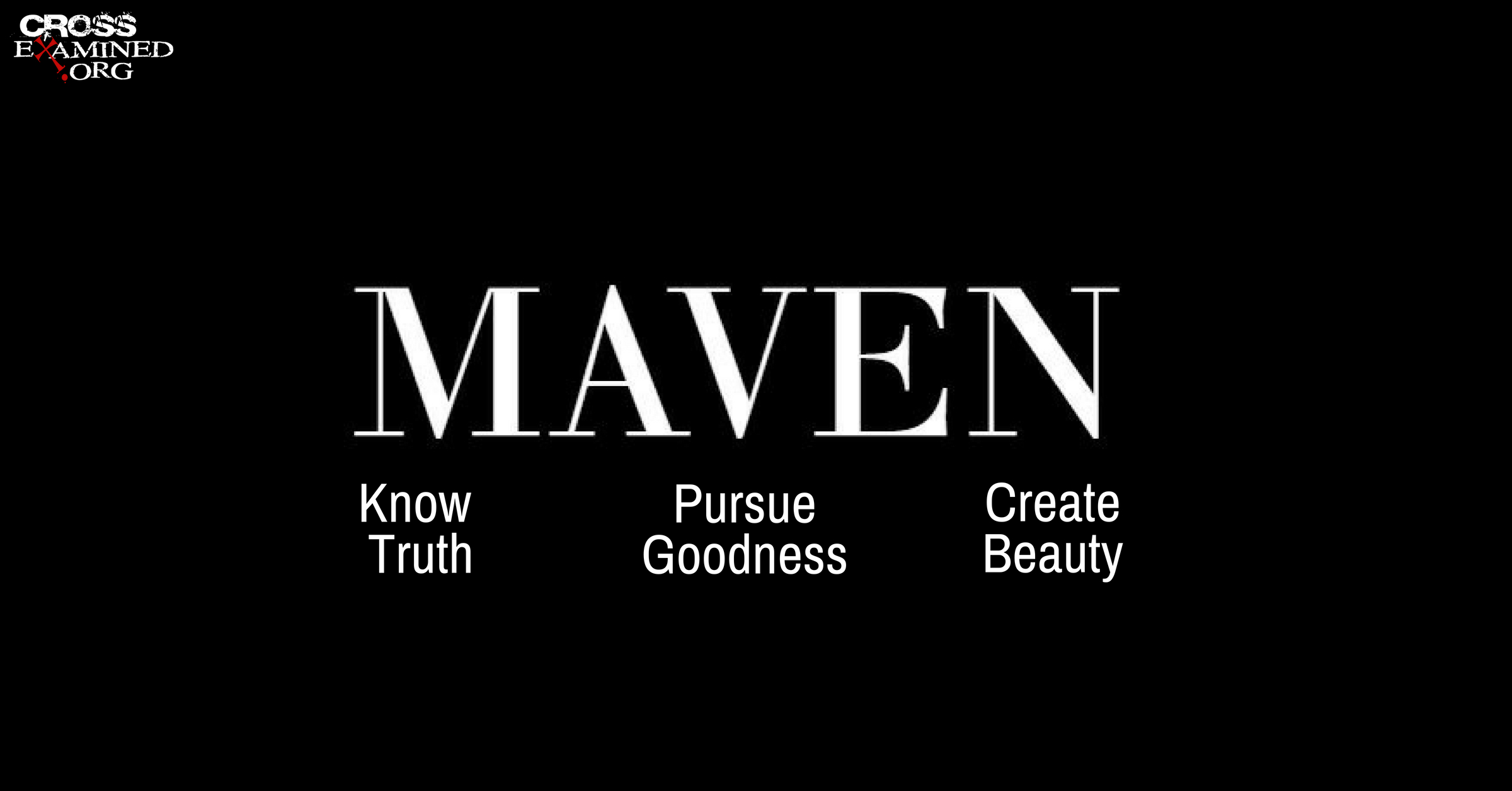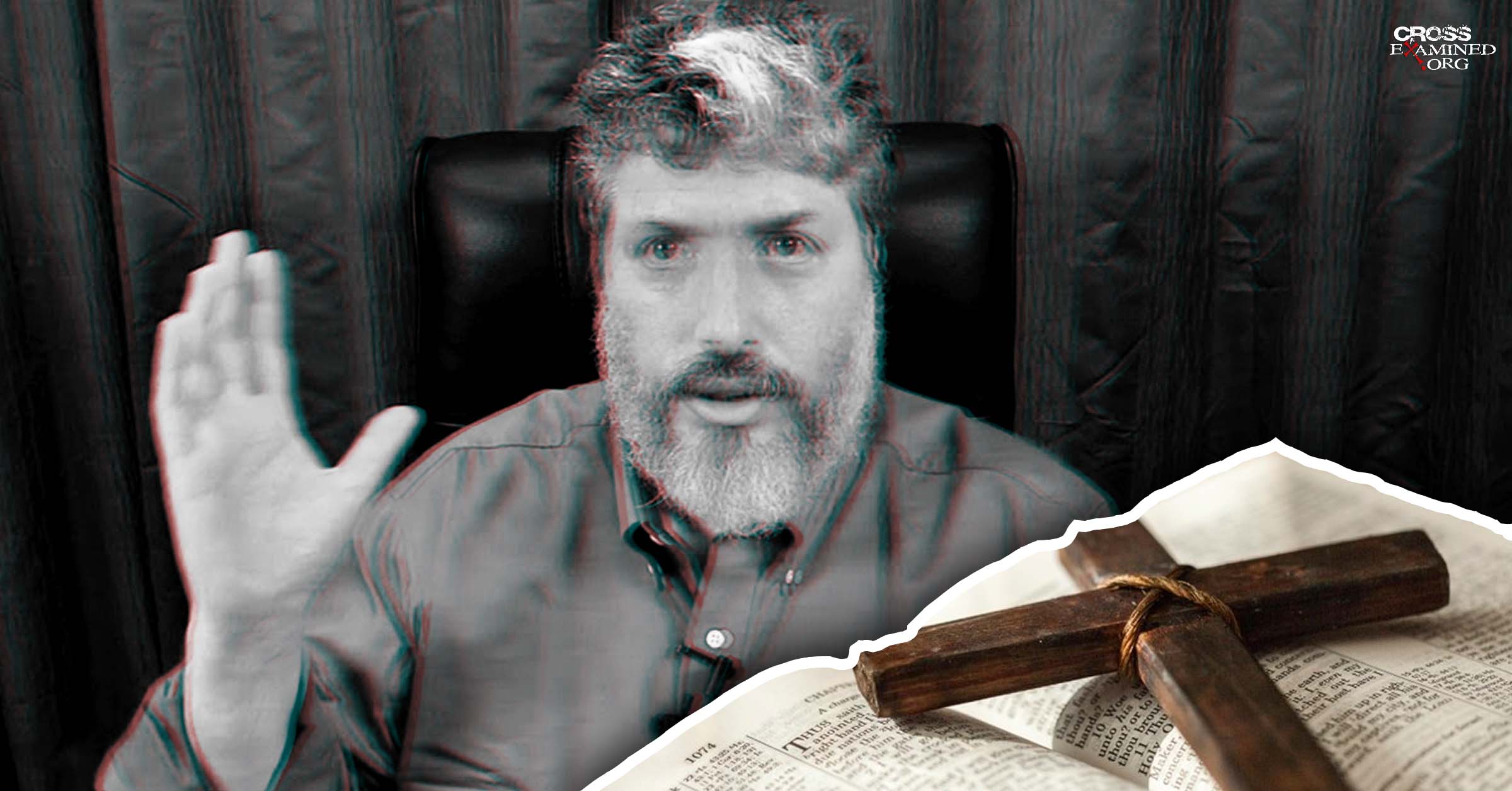The Decline of Christianity—and Rationality—in the West
The Issue
On August 22, 2021, the Christian Post published an article that claimed greater “than 60% of born again Christians in America between the ages of 18 and 39 believe that Buddha, Muhammad and Jesus are all valid paths to salvation and over 30% say they either believe that Jesus sinned like other people” or that they “aren’t sure.” Further, the survey of “3,100 Americans ages 18 to 55 in 2020” saw a significant decline in what they call a “basic biblical worldview,” which includes issues such as the nature of God, the reliability of the Bible, salvation, as well as the sinlessness of Jesus. The number of people in that category dropped “from 47% in 2010 to 25% in 2020 among born again Christians.” What is referred to as “expanded biblical worldview” (beliefs regarding Satan and objective morality) fell “from 32% in 2010 to 16% in 2020.” There was a noticeable drop among “the general population” as well regarding basic biblical worldview beliefs (13% to 6%) and for expanded biblical worldview (9% to about 3%).
Assessment
Why is there a decline in such beliefs? According to Kirby Anderson, ethicist and president of Probe Ministries, such is “due to pastors not consistently teaching biblical theory” and to “young Christians who are not paying attention” due to being distracted by other issues, such as social media and whatever is more important to them.
Can people hold to these unbiblical positions and really be genuine “born again” Christians? The latter question is one for another time. I will focus on the former. I agree with Anderson on the point that to a degree pastors and church leaders share a blame in this situation. Churches are typically more interested in other issues than discipleship and genuine learning. Many if not most Christians cannot even articulate the basic beliefs of their faith. For example, such doctrines as the Trinity and the divinity of Christ are usually, or at least often, distorted by everyday Christians. Often, even pastors cannot accurately describe the basics of such doctrines. In some circles, a lack of theological education is actually celebrated as it allegedly takes the focus off of the Holy Spirit’s leading and teaching. If God tells us what to believe and what to talk about in church, then why go to school? I discuss these issues in another post I wrote about having an intellectual faith. However, simply knowing what the Bible says is not enough anymore. It is imperative that we not only know what Christianity is, but know whether we believe it, why we believe it, and how to defend it. The latter point is hardly discussed in churches.
However, pastors are not the sole cause of this problem. There are a host of such causes. While church is meant to foster and nourish our spiritual life, it is not meant to be the primary means to attain it. Our spiritual life should start at home.
Another issue is education in general. Students are often not allowed to fail in school. General knowledge of the world and the history of ideas has decreased. Critical thinking and logic have been taken out of the general curriculum. The list goes on and on. Feelings now trump logic, and the cardinal rule is not to offend others. Today, offending others is the unpardonable sin. A lack of logic and an abundance of feeling-driven inclusiveness has been a surefire formula for irrationality. Need an example? Who would have thought just a decade ago, let alone a generation ago, that one’s gender would not be an objective, scientific fact, but instead merely based on wants and feelings? Why do allegedly rational people go along with such insanity? Because we don’t want to hurt anyone’s feelings and we want to be inclusive.
The same applies to religion. If one says that Jesus is the only way to salvation, then he necessarily is exclusive, unloving, bigoted, etc. Thus, the cardinal rule has been violated. Feelings are indeed elevated above reason and reality. So what is a person to do? I’m glad you asked.
Study Logic
Many of the ridiculous claims made today, such as every religion is true, can be disproven simply by understanding the basic rules of thought and reality. For example, the law of non-contradiction states that something can’t be X and not-X simultaneously. In other words, if one religion, such as Judaism, Christianity, and Islam, teach that a Creator brought about the existence of the universe, and pantheistic religions, such as Hinduism, teach that there is no Creator and the universe has always existed, then those two teachings cannot both be true. Since the existence of God is kind of a big deal in most religions, the denial of a deity would falsify many if not most religions. In other words, not all religions can be the same. Jesus cannot be the only way to salvation and not be the only way to salvation. It’s either one way or the other.
It is also important to note that every claim is exclusive as it says the opposite of it is false. While asserting that Jesus is the only way is exclusive and narrow, the opposite is just as exclusive and narrow. The number of people in consideration has nothing to do with the nature of the exclusiveness or narrowness of the actual claim. This brings us to another point:
Knowledge of Religious Teaching
Many Christians might assert that the Bible does not say Jesus is the only way. However, the Bible makes such claims in abundance. For example, Jesus said, “I am the way, and the truth, and the life. No one comes to the Father except through me. John 14:6. Further, Acts 4:12 states, “And there is salvation in no one else, for there is no other name under heaven given among men by which we must be saved.” Thus, the Bible can logically be wrong, but it can’t be right and wrong on the same point at the same time, per the law of non-contradiction. It clearly asserts Jesus is the only way to salvation. If he isn’t, then the biblical claim is simply false. Thus, one can deny the Bible, but he can’t rewrite it. We are stuck with what it says, regardless of whether it breaks our cardinal rule of not offending others. The point: if this is a necessary belief for being a Christian, then one can deny it, but one can’t deny it and remain a true Christian. Rather than placing our emotions and desires as the standard of truth, the Bible inconveniences us with reason and reality—two inconvenient aspects to our current cultural milieu.
Pastors and Churches Can Prepare Their Congregants
There have been many polls like the one cited here that talk about 75% or so of youth ditching Christianity after their first semester of college. While I take exception to such numbers since many were probably not really believers to begin with, as a matter of principle it is absolutely true that parents and pastors should prepare youth for college. Motivational talks in church, church camps, and Christian concerts are great, but they don’t begin to teach young people how to articulate and defend their faith. Nonbelievers are ruthless in their hatred for Christianity and everything rational; so, it is important to train our youth to not only know the basics of Christianity but also be able to explain why they believe it.
Parents Should Train Their Children
While churches share in the culpability of these issues, parents also have a vital role to play in the education of their children. Schools and churches help with that, but ultimately, if we have children brought up in our homes and church, and their Intro to Philosophy professor wrecks their faith in just a few weeks, then they probably weren’t very well-educated about their faith to begin with. (All of this says something about the notion that one should simply take Christianity’s claims on faith alone, where faith means unreasonable or blind faith. Not only is this irrational and unbiblical, but it is also dangerous since it leaves one open for serious doubt when faced with it.)
Where to Go for Answers
When I was fifteen, I started asking myself questions about my faith. I didn’t doubt it, but I wasn’t sure why I believed it. It dawned on me one day that when it comes to religion, everyone thinks he is right. Well, we can’t all be right, per that persistent law of non-contradiction. So, how did I know I was right? I started studying apologetics (being able to defend one’s position, in this case on Christianity) at a very lay level. In college, I decided I wanted a more in-depth knowledge of such issues. I discovered Southern Evangelical Seminary. SES is one of the top schools in the world for studying apologetics. (Disclaimer: I currently am a professor at SES.) SES offers certificates, a bachelor’s degree, several master’s degrees, a doctor of ministry, and a Ph.D. All programs of study have an apologetic component integrated into the fabric of the courses. If you are interested in learning how to better understand and defend your faith, or help your family do so, let SES help you!
Recommended resources related to the topic:
Counter Culture Christian: Is There Truth in Religion? (DVD) by Frank Turek
Is Morality Absolute or Relative? (Mp3), (Mp4), and (DVD) by Frank Turek
How Philosophy Can Help Your Theology by Richard Howe (DVD Set, Mp3, and Mp4)
__________________________________________________________________________________________________________________________________________________
Brian Huffling, PH.D. have a BA in History from Lee University, an MA in (3 majors) Apologetics, Philosophy, and Biblical Studies from Southern Evangelical Seminary (SES), and a Ph.D. in Philosophy of Religion from SES. He is the Director of the Ph.D. Program and Associate Professor of Philosophy and Theology at SES. He also teaches courses for Apologia Online Academy. He has previously taught at The Art Institute of Charlotte. He has served in the Marines, Navy, and is currently a reserve chaplain in the Air Force at Maxwell Air Force Base. His hobbies include golf, backyard astronomy, martial arts, and guitar.
Original Blog Source: https://cutt.ly/REXYwwu











